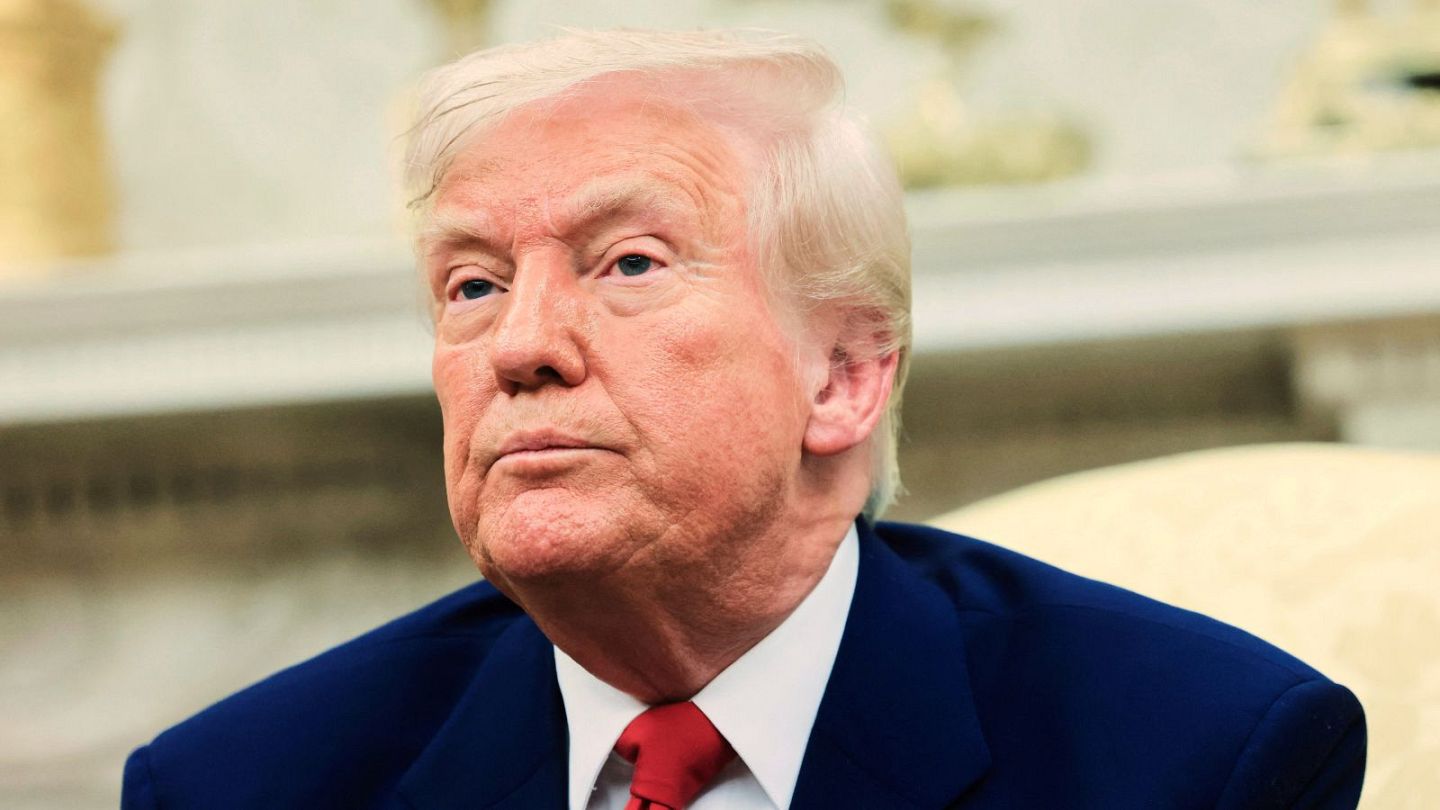Trump confirmed that global tariffs will not be suspended despite the decline in US stock markets.
Following Trump's warning that he could further increase tariffs, there were major fluctuations in U.S. stocks throughout the first trading session of the week.
U.S. President Donald Trump confirmed that there is no plan to suspend global tariffs, despite ongoing turbulence in global stock markets. When a reporter in the Oval Office asked Trump whether he was open to a pause in tariffs to allow for negotiations, Trump replied, "We're not looking at that. There are many countries coming to make deals with us, and these will be fair agreements, and in some cases, they will pay significant tariffs." Trump's comments came after a day of significant fluctuations in U.S. markets following his threat to further increase tariffs, despite Wall Street wanting a completely opposite approach. The S&P 500 finished the day down 0.2% after a series of dramatic reversals as investors tried to decipher Trump's ultimate goals in the trade war. The Dow Jones Industrial Average dropped by 349 points or 0.9%, while the Nasdaq composite index gained 0.1%. All three indices began the day with sharp declines, with the Dow falling to as low as 1,700 points after even steeper losses abroad. However, unexpectedly, it rebounded late in the morning with a gain of about 900 points. The S&P 500 rose from a loss of 4.7% to a gain of 3.4%, marking one of the largest rallies in recent years. The suddenly emerging rally was triggered by a false rumor that Trump was considering a 90-day tariff pause. The White House quickly dismissed this claim as "fake news" on X. The reality that such a rumor could alter trillions of dollars in investments underscores how much Wall Street hopes Trump might ease tariffs. Stocks soon turned negative again, and not long after, Trump confirmed his position by stating he could increase tariffs on China in response to China's retaliatory measures from last week. While all major exchanges in Europe closed down more than 4%, Spanish financial experts noted strong reasons to fear a global recession after the Ibex 35 index closed down 5.12%. The Frankfurt Stock Exchange's DAX opened just below 18,500 points shortly after 9 a.m., indicating a drop of more than 2,000 points from Friday's levels. However, as the trading day progressed, the DAX managed to recover a significant portion of its losses, though it was still down about 4.5% around 1 p.m. Panic emerged on the Warsaw Stock Exchange shortly after 9 a.m., with the main index and similar indicators in other European markets dropping by about 6%. This exceptional drop highlighted concerns regarding President Trump's tariffs and their potential to seriously impact the global economy, with losses varying between 3% and 9%. However, after the initial wave of nervous selling, the market began to stabilize over the next few hours. The initial panic subsided, and many of the largest companies began to post profits. Conditions on the Warsaw Stock Exchange significantly improved around 1 p.m., with the WIG20 index, a key benchmark for the Polish stock market, reducing its losses to just 1%.


